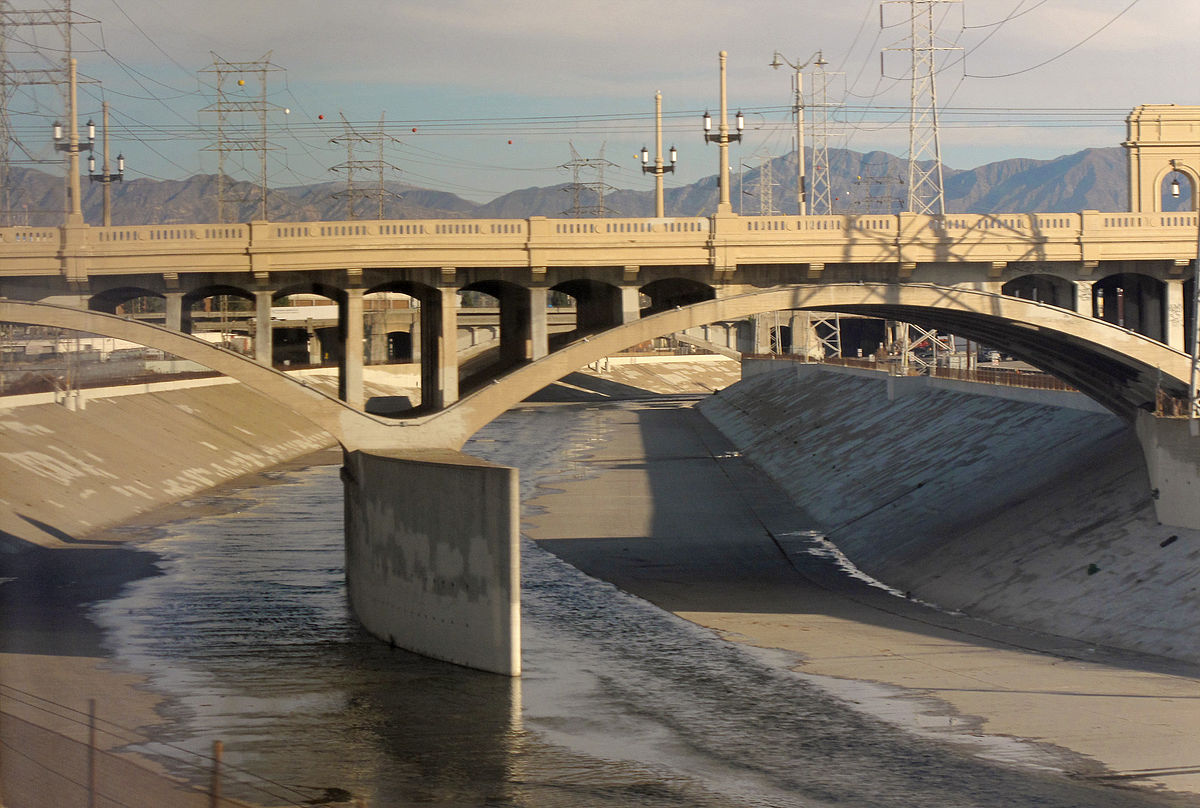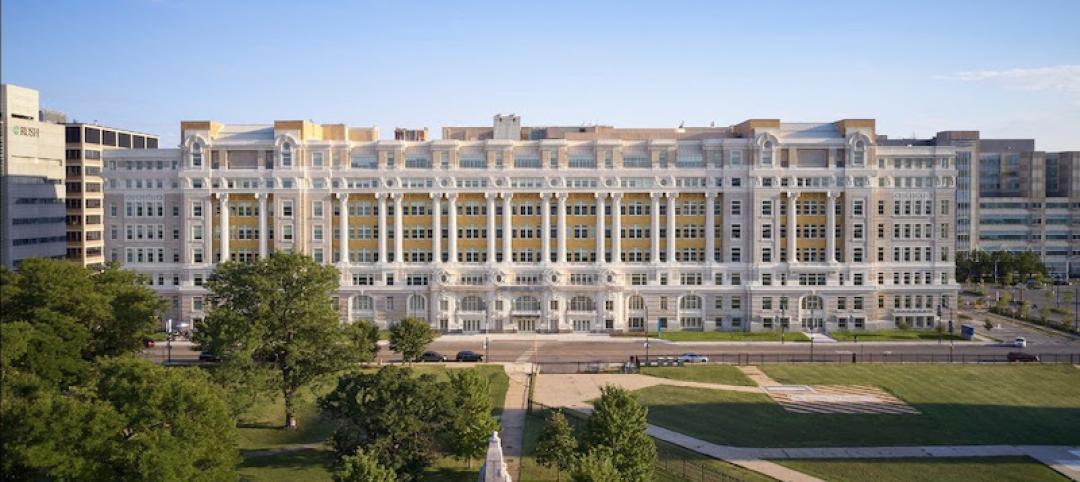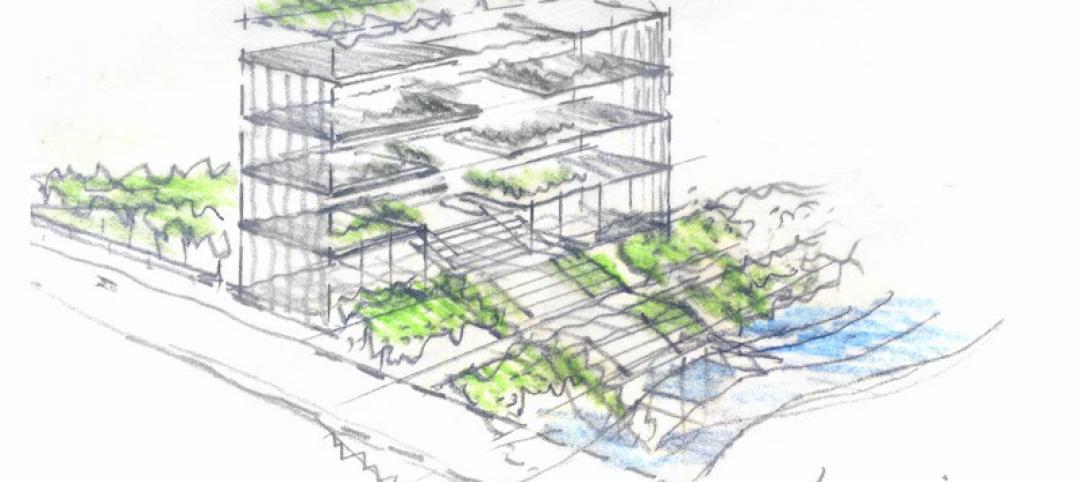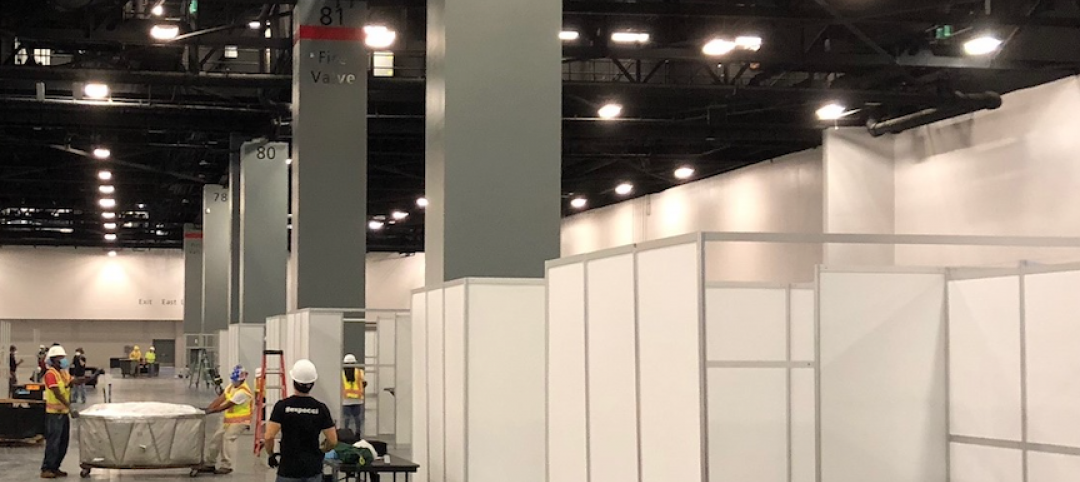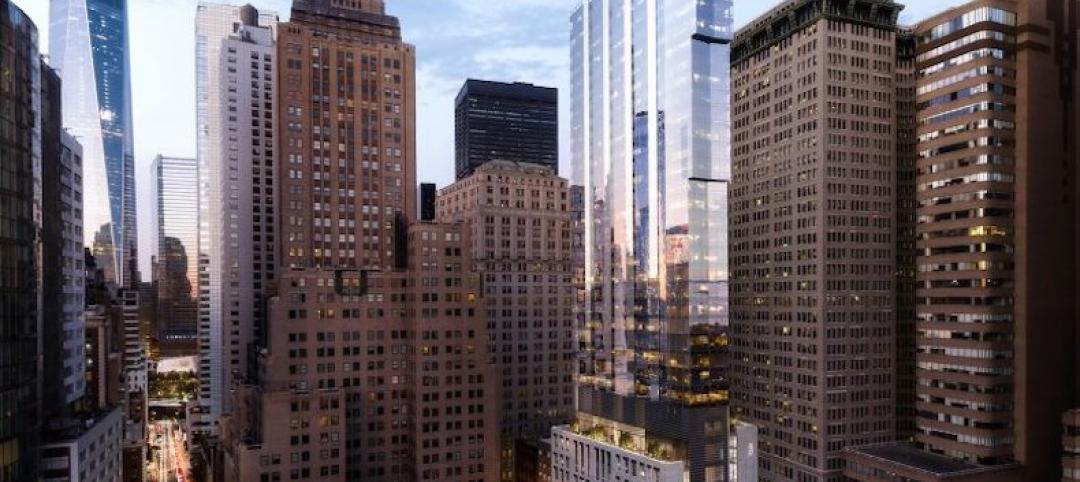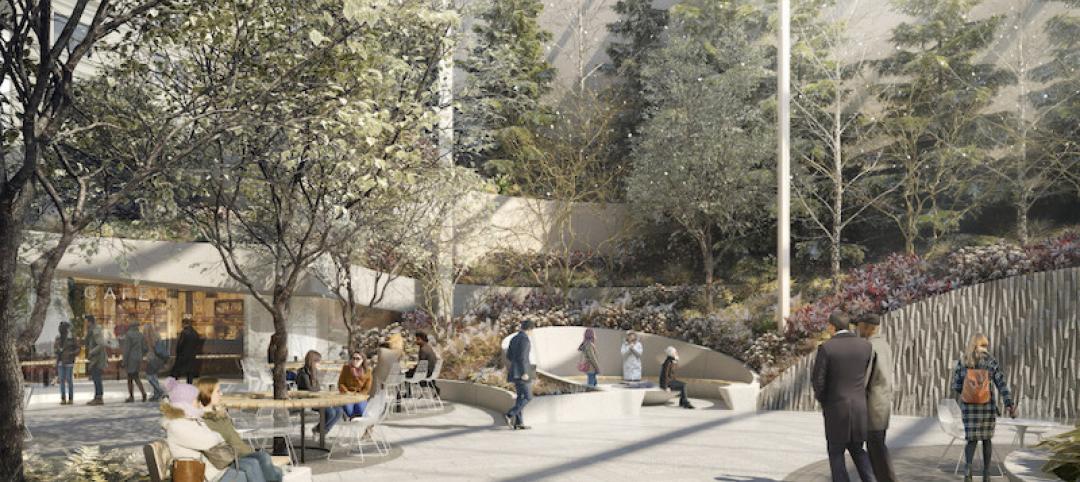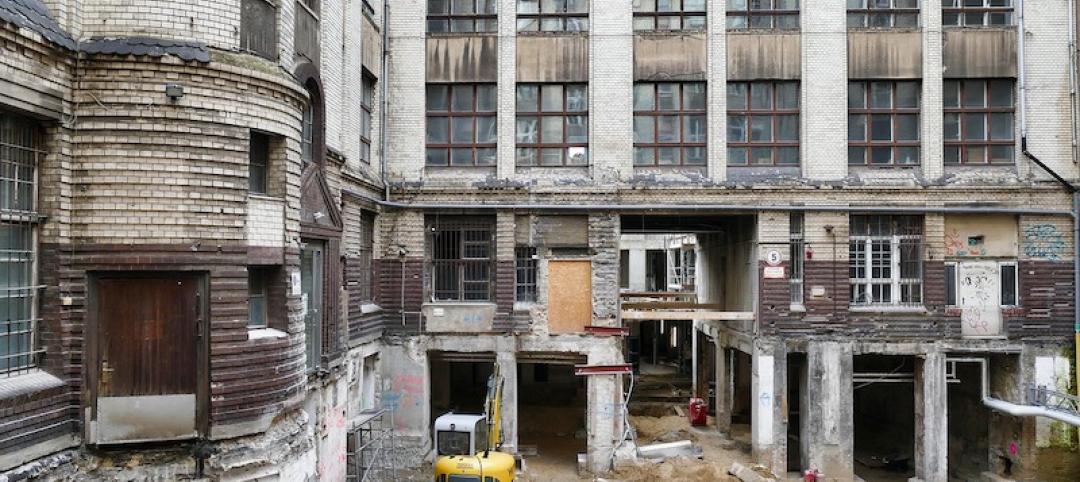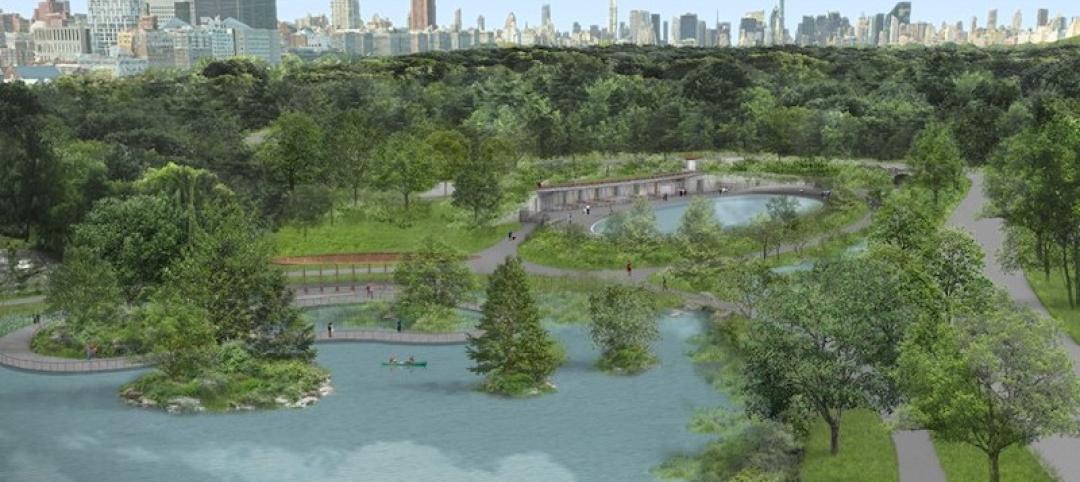For the past year, famed architect Frank Gehry has been assembling a team of architects and designers for the purpose of figuring out how to turn the system that currently prevents stormwater runoff from flooding the 52-mile-long Los Angeles River into a system that captures and even treats that stormwater for reuse.
The challenge would be allowing public access to the river, at a time when the entire state of California is struggling with drought conditions, without jeopardizing a flood-prevention system that’s been in place since before World War II. And if this plan were to take shape, what impact would it have on local neighborhoods near the river?
The federal government has earmarked $1.3 billion in funding to transform this river system into an urban waterway.
The Los Angeles Times reports that Gehry’s office, working pro bono so far, has already produced a 3D point-cloud hydrology model for 70% of the river. Now Gehry and his client, the nonprofit L.A. River Revitalization Corp., which formed in 2009 to coordinate river policy, must convince politicians, river advocates, and potential investors that this plan is workable.
The 86-year-old Gehry, who lives in L.A., reportedly agreed to take on this assignment only if it were primarily a water-reclamation project and not a redevelopment scheme that “brands” the river. And one of the main components of his plan would be to allow the public to use the river or its banks when the risk of flooding is low, which is most of the time.
Gehry’s involvement has certainly led to skepticism about the wisdom of handing this project over to someone with no water-management expertise. Gizmodo’s Urbanist Editor, Alissa Walker, worries that Gehry’s past architectural work “doesn’t show many gestures to the natural environment”. She also points out that in Los Angeles, public opinion about Gehry is polarized.
However, the involvement of a famous and well-connected architect could appeal to Mayor Eric Garcetti, who has a reputation for being overly cautious when it comes to pulling the trigger on costly infrastructure improvements. (Garcetti’s office confirmed that Gehry was working on a master plan for the river after the Times broke this story.)
The Times suggests that Garcetti could position this river plan as an anchor of a major policy and civic-design initiative, and as a chance to tackle several major issues including public health (thanks to new riverside parks and walking and biking paths), climate change and even affordable housing (if public land can be used along the river for new construction).
However, Garcetti isn’t the only one who needs convincing, as one-third of this river is outside of L.A.’s city limits (the flood prevention system runs through Long Beach to the ocean), and there are several cities and jurisdictions that would have to sign off on any proposal.
Two younger architects at Gehry Partners, Tensho Takemorio and Anand Devarajan, have been leading this effort. The team also includes Richard Roark of the Philadelphia-based landscaping architectural firm Olin, a Dutch water management expert named Henk Ovink, and consultants from the engineering firm Geosyntec.
The team developed the 3D model with Trimble, a technology firm that acquired Gehry Technologies last year.
Gehry is quoted as saying that his plan would complement earlier plans, including The Los Angeles River Revitalization Master Plan, developed by an ad hoc committee, which would also allow public access but focuses on establishing environmentally sensitive urban design and land use guidelines. And there’s also Alternative 20, a federal plan that calls for a dramatic redesign of an 11-mile stretch of the river near downtown. However, Gehry does not think it would be necessary to remove the concrete funnel that diverts floodwaters seaward.
Related Stories
Reconstruction & Renovation | Sep 30, 2020
SOM reimagines former Cook County Hospital into mixed-use destination
The project is the first phase of a proposed $1 billion redevelopment plan for the area in Chicago.
Multifamily Housing | Aug 24, 2020
Texaco’s century-old headquarters is now a luxury apartment community
After sitting vacant for nearly three decades, the former home of Texaco, Inc. has been converted into a 17-story, 286-unit apartment building in the heart of downtown Houston.
Reconstruction & Renovation | Aug 21, 2020
Reconstruction could be COVID-19’s silver lining
Existing buildings are being adapted to the ‘new normal’ for health and wellness.
Reconstruction & Renovation | Aug 20, 2020
Former jail to be reimagined and integrated into Dallas’s Harold Simmons Park
Weiss/Manfredi was selected as the design architect for the project.
Reconstruction & Renovation | Jun 8, 2020
Spacesmith will design sustainable production facilities for Upriver Studios in New York
The project will be located in Saugerties in upstate New York.
Coronavirus | Apr 9, 2020
COVID-19 alert: Robins & Morton to convert Miami Beach Convention Center into a 450-bed field hospital
COVID-19 alert: Robins & Morton to convert Miami Beach Convention Center into a 450-bed field hospital
Reconstruction & Renovation | Mar 3, 2020
Not so strange bedfellows: hybrid buildings in New York combine unlikely tenants
“Found money” for owners looking to monetize their air spaces, says FXCollaborative, which has designed several of these buildings.
Reconstruction & Renovation | Jan 16, 2020
Snøhetta’s 550 Madison Garden gains approval from NYC Planning Commission
The project previously gained approval from Manhattan Community Board 5 in December.
Reconstruction & Renovation | Nov 6, 2019
The silent giant: Reconstruction sector makes big impact on firms
More than a quarter of AEC firms that participated in the 2019 Giants 300 survey earned at least half of their total 2018 revenue from the reconstruction sector.
Reconstruction & Renovation | Oct 7, 2019
Central Park’s Lasker Rink and Pool to undergo $150 million restoration project
The project will be the largest the Central Park Conservancy has ever undertaken.


